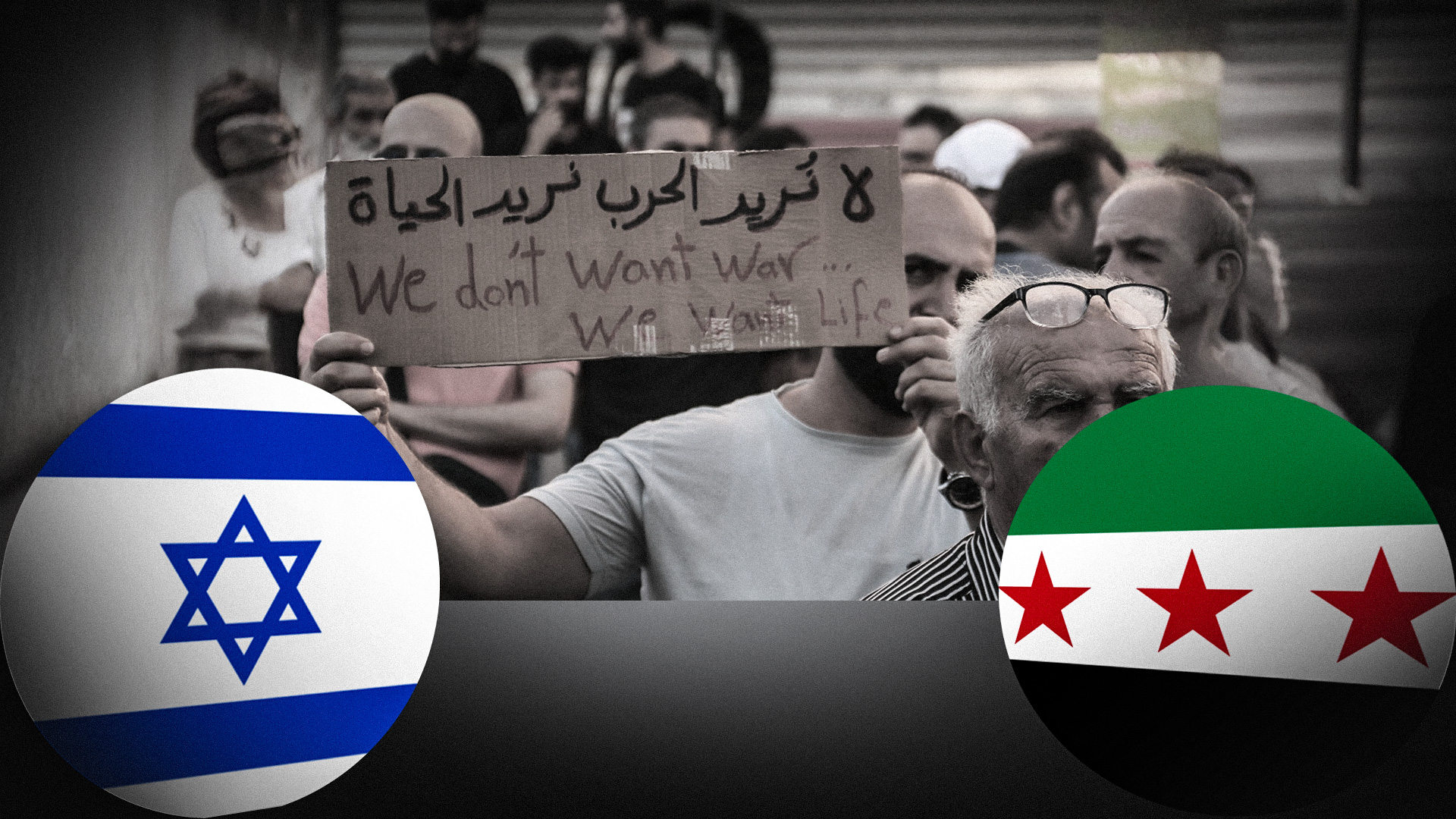From Paris to Baku: Syria and Israel Continue Diplomatic Engagement
Syria & Israel to hold second direct talks in Baku Thursday on southern Syria security, following Paris meeting mediated by US. Comes after Syrian FM's Moscow visit as both sides test diplomatic waters.

ERBIL (Kurdistan24) – A Syrian-Israeli ministerial meeting is scheduled to take place on Thursday in Baku, where Syrian Foreign Minister Asaad al-Shaibani and Israeli Minister of Strategic Affairs Ron Dermer are expected to engage in direct talks focused on the deteriorating security conditions in southern Syria, a diplomat told AFP.
The meeting follows an unprecedented gathering between the two officials in Paris last week, and will be held immediately after al-Shaibani's landmark visit to Moscow. According to the diplomat, who spoke to AFP on condition of anonymity due to the sensitivity of the matter, the agenda will center on “the security situation, particularly in southern Syria.”
From Paris to Baku: A Rapid Diplomatic Sequence
Last week’s meeting in Paris, mediated by U.S. Special Envoy for Syria Thomas Barrack, marked a rare and historic exchange between Damascus and Tel Aviv. Barrack, in a statement posted to X, said, “I met this evening with the Syrians and Israelis in Paris. Our goal was dialogue and de-escalation, and we accomplished precisely that.”
This diplomatic overture emerged amid intensifying violence in Syria’s southern Suwayda province, where over 1,300 individuals were reportedly killed within one week, according to the Syrian Observatory for Human Rights (SOHR). Syrian sources described the Paris meeting as “exploratory,” indicating that both sides are attempting to gauge each other’s positions amid heightened regional volatility. Syrian sources described the Paris meeting as “exploratory,” indicating that both sides are attempting to gauge each other’s positions amid heightened regional volatility.
According to sources who spoke to Syria TV, Syria reaffirmed Israel’s responsibility for recent escalations but expressed conditional readiness to return to the 1974 Disengagement Agreement—pending international guarantees. Meanwhile, Israel reportedly demanded security adjustments, including the withdrawal of Syrian forces from advanced positions near contested areas.
Syrian political analysts cited by Syria TV emphasized that Damascus’s primary concern remains preserving national unity and rejecting any form of partition. According to Hassan al-Nifi, the Syrian government is intent on eliminating the foreign military presence within its territory and views the Suwayda unrest as a potential tool for foreign manipulation.
Despite diverging agendas, both parties appear committed to continued engagement. As al-Shaibani heads to Baku following his visit to Moscow, regional and international stakeholders will closely watch whether the talks can generate meaningful progress in defusing southern Syria’s escalating crisis.
Observers argue that Syria’s path to internal stability must include both robust security measures and comprehensive political reform.
